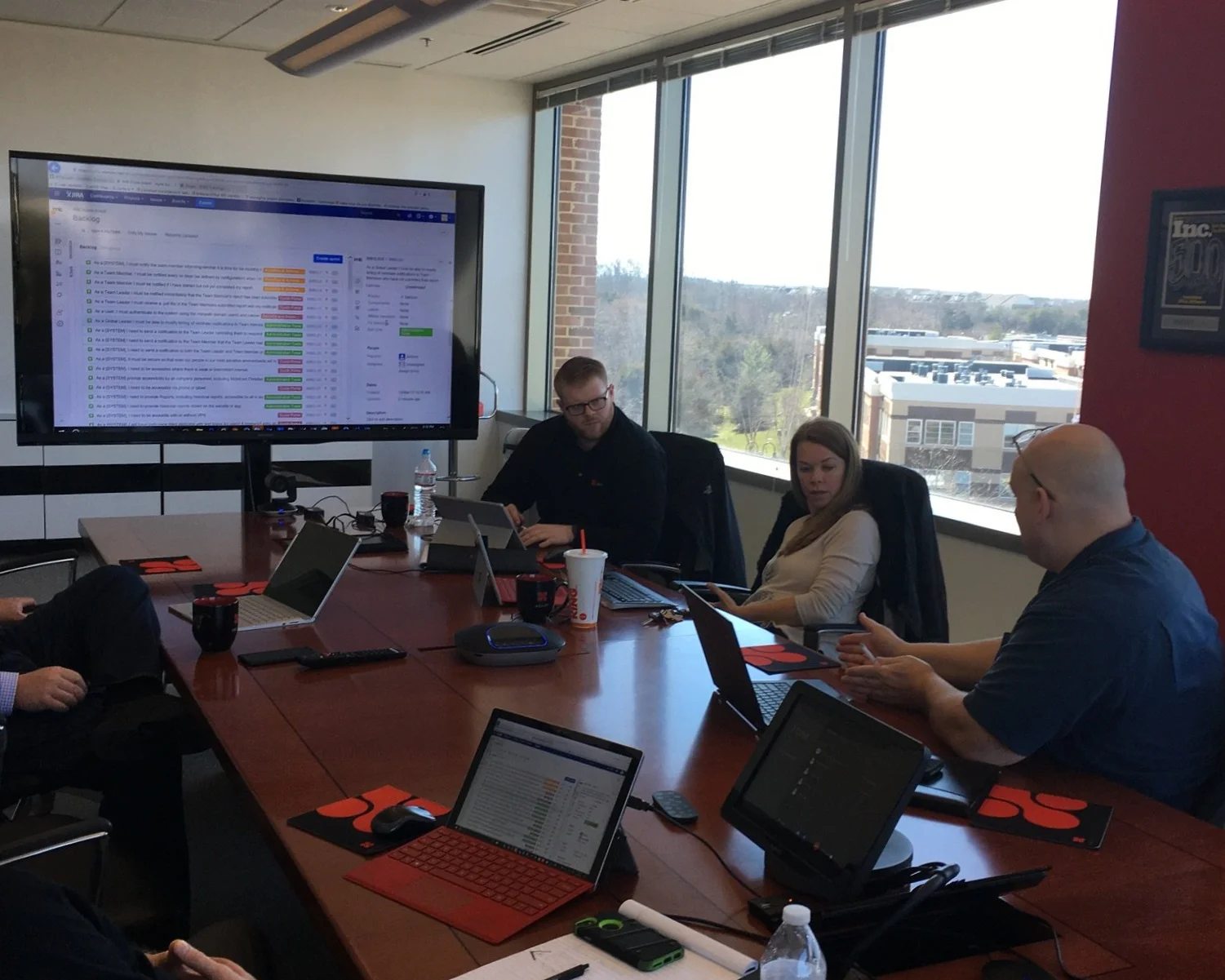I did not aspire to become a sales manager, but like many others, I was offered a job in sales management because I was one of the best sales people. The best sales people don't necessarily make the best sales managers and initially that was true about me. Early in my sales management career, I tried to hire people similar to me and I was either too involved or not involved enough with my team. Over the years I have developed a regular cadence of sales management activities that have helped me recruit, retain, and develop top talent. This cadence includes…
Time Perspective
The End of "End of Quarter"
I recently mentored a young sales person regarding the nuances of the sales cycle. He relayed how much activity his firm generated by end of quarter. He exuded pride for the energy created from his sales managers’ added pressure and end of quarter discounts that bolstered sales. My friend was surprised to hear me say that, as a sales leader in my own company and my previous companies, I de-emphasize end of quarter sales pushes, and we rarely offer end of quarter discounts.
Hiring vs. Onboarding, Which is More Important?
I hope you realized that this is a trick question. Great leaders will spend about half of their time on these two important key competencies. My focus on excellence in these two areas has been one of the keys to my success as a manager. In In the future, I will write articles that will focus on best practices for hiring great employees, but this article will focus on how to make sure your employees are productive in the first six months.
Book Review: Energized Enterprise-Dr. Marta Wilson
If we can create a federal workplace that is strong, empowered, connected and fulfilled, this will inevitably have extra ordinary ramifications for the world in general, since what happens in our federal workplace does not stay here but reverberates around the world though thousands of interactions we have on the world stage. Dr. Marta Wilson
Coaching for Managers-Performance Gaps
Recently I attended a session at the Microsoft partner conference in Orlando, Florida. The speaker was @KrisPlachy. She had some great advice for managers on how to coach performance gaps. She started by giving three reasons why employees don't perform. It is important to understand if one of more of these problems exist before choosing your strategy.
Knows what to do but unwilling to do it (mindset problem).
Does not know what to do but is willing to learn (skillset problem).
Does not know what and is unwilling to learn.
If an employee has a mindset and a skillset problem the mindset problem will need to be addressed first. A manager should address a mindset problem by creating awareness through inquiry, confirm willingness to change, follow up, measure progress.
Mindset Problem..
What are the reasons for not doing what they are supposed to do?
Do they blame others for external factors for non-performance
What thoughts do they have about doing their job or work?
Below are some questions to help create awareness.
What are your thoughts about the assignment?
How do you feel when you think that way?
How do you act when you feel this way?
What results do you get with these actions?
She suggest using the CTFAR Model to help employee work though mindset problems.
Circumstances
Thoughts (Evidence will change thoughts)
Feelings
Actions
Results
If the employee does not know how, but wants to learn you have a skillset issue. Kris suggests the following strategy to address skillset issues.
Skills Transfer
Tell: them what you want done
Show: them what you want done
Do: Have them do the work as you observe
Review: Provide Feedback on their skill
After using the skills transfer process be sure to follow up. It is going to cost your more in time to have an employee that is a performance issue than to practice good follow up. What are your thought on performance management?




